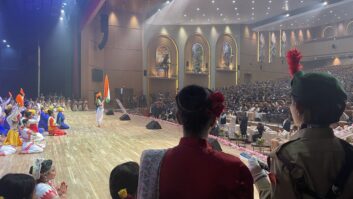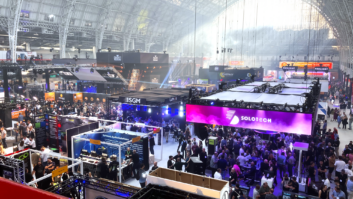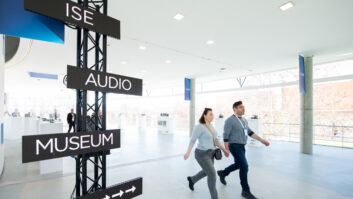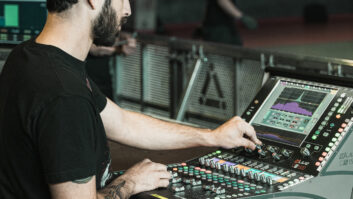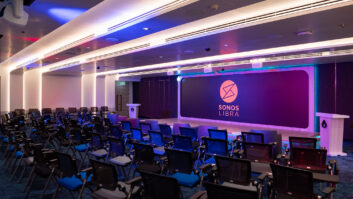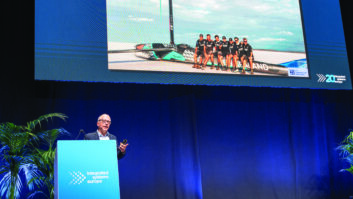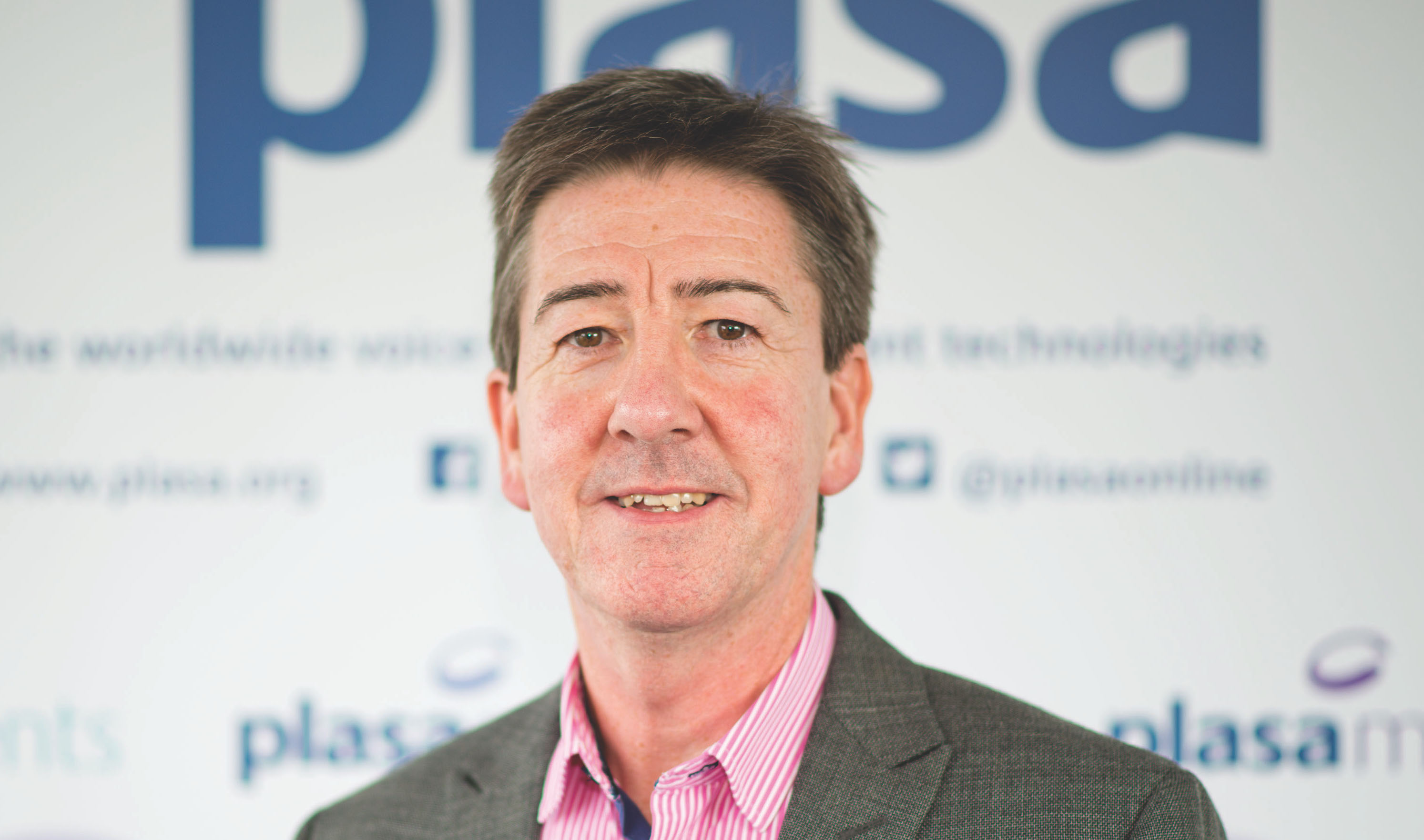
For many people working in entertainment lighting, 2018 has been the year of the European Union’s proposed Ecodesign Lighting regulations. Since alerting its members to the issue in November 2017, PLASA has been working alongside other trade organisations to ensure the lighting industry’s voice is heard before the new regulations are finalised.
For those involved with many areas of entertainment lighting (theatres, concerts, festivals, events, exhibitions, theme parks, film, television), a serious issue was that the current regulations (principally EU1194/2012) contains a clear exemption for ‘studio lighting, show effect lighting, theatre lighting’ – but was gone from the first draft of the replacement regulation, intended to start in September 2020. At the same time, the draft also proposed much stricter efficiency standards for when a lighting fixture was both active (emitting light) and on standby (not emitting light).
While the regulation wouldn’t have banned the use of existing equipment it would have prevented the ‘placing on the market’ of non-compliant light sources, and so would have very quickly ended the supply of all tungsten lamps, since none could have met the efficiency standards, and of many other complete entertainment lighting fixtures including very recent LED fixtures.
Reacting to this, several trade organisations including PLASA, ASPEC, VPLT in Germany and OETHG in Austria, as well as user organisations such as the ALD, the IALD, the SLF from Sweden, STEPP from Belgium, and others started collaborating as the European Entertainment Ecodesign Coalition (EEEC) to raise awareness of the issue. With the assistance of Brussels-based organisation ‘Pearle Live Performance Europe’, contact was made with the EU Director General (DG) Energy team responsible for crafting the regulations.
Draft exemptions
After a productive meeting between lighting industry representatives and the DG Energy in May, considerable progress was made and in the next draft of the regulations, issued in June, entertainment lighting no longer faced a ‘doomsday scenario’. The draft included exemptions for the majority of the tungsten and arc lamp types in common use for performance lighting, and for ‘colour tuneable’ (principally additive colour mixing LED with at least red/green/blue sources) lighting fixtures. It also clarified that the efficiency requirements were for light sources in isolation rather than when part of a complete lighting fixture, and pushed the start date back to September 2021.
That draft did, however, contain several problematic issues. These include a requirement to use less than 0.5W of power when in standby, defined as not emitting light, which entertainment fixtures can’t achieve because they have to be constantly processing incoming control data ready to react instantly. The inability of high-output white LED fixtures (greater than approx 180W) to hit the efficiency standards, since LED sources become less efficient at higher powers and physically larger light sources become less efficient generally, neither of which are allowed for in the EU’s efficiency calculations. The definition of green for colour-tuneable fixtures, which excludes the peak area of green light. And a number of specialist tungsten and fluorescent lamps for which suitable LED equivalents are not available.
The EEEC have been trying to address these issues since June, but the same problems remain in the third and presumed final draft of the regulations, issued in October. Now, however, government departments responsible for ecodesign in each EU country have a chance to comment on the regulations – and ideally that department in each country would be briefed on the issues. This has happened or is happening in some key countries, but the EEEC is urging manufacturers or organisations across Europe to identify and contact their government department and ensure that this issue has been raised – and to do so now, since discussions will end in mid-December.
